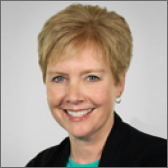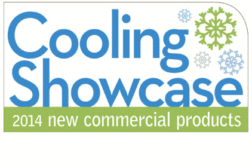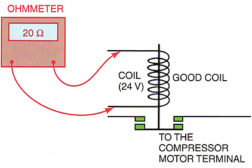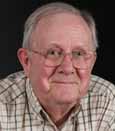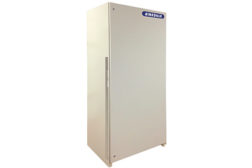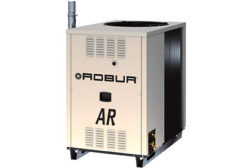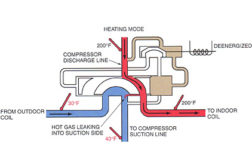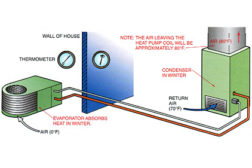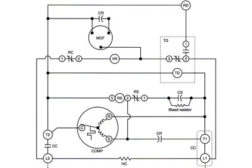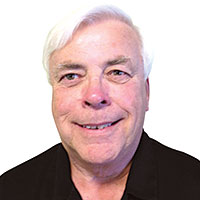Home » heat pumps
Articles Tagged with ''heat pumps''
Commercial Cooling Showcase 2014: New Equipment Just in Time for Summer
Comfort and Higher Efficiencies are Hallmarks of Commercial Products
May 5, 2014
Carrier, Bosch Form Joint Venture
Pair to Develop, Manufacture Geothermal and Water-Source Heat Pumps
November 25, 2013
Sept. 17, 2013: University of Maryland Wins First Place in MaxTech Competition
Student Team Develops Energy Saving, Two-Stage Heat Pump Clothes Dryer
September 17, 2013
Copyright ©2024. All Rights Reserved BNP Media.
Design, CMS, Hosting & Web Development :: ePublishing

